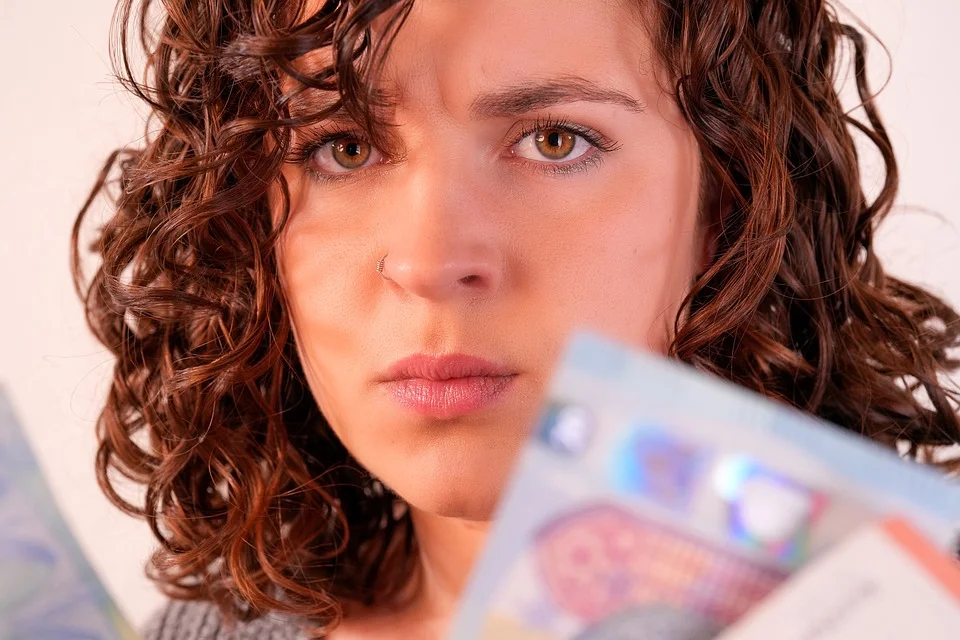Life is unpredictable, and unexpected expenses can arise at any time. Whether it’s a car repair, a medical emergency, or a sudden job loss, having an emergency fund can provide you with the financial security you need to weather any storm.
What is an Emergency Fund?
An emergency fund is a savings account set aside specifically for unexpected expenses. It is separate from your regular savings account and is meant to be used only in case of emergencies.
Why is an Emergency Fund Important?
Having an emergency fund can provide numerous benefits, including:
- Financial Security: An emergency fund can give you peace of mind knowing that you have a financial safety net in place.
- Protection from Debt: Without an emergency fund, you may be forced to rely on credit cards or loans to cover unexpected expenses, leading to debt and financial stress.
- Flexibility: Having money set aside in an emergency fund gives you the flexibility to handle unexpected expenses without disrupting your regular budget.
- Opportunities: An emergency fund can also provide you with the financial freedom to pursue opportunities or make decisions without worrying about financial setbacks.
How Much Should You Save in Your Emergency Fund?
Financial experts recommend saving enough in your emergency fund to cover three to six months’ worth of living expenses. However, the amount you need may vary depending on your individual circumstances, such as your income, expenses, and financial goals.
How to Build an Emergency Fund
Building an emergency fund requires discipline and perseverance. Here are some tips to help you get started:
- Set a Savings Goal: Determine how much you need to save in your emergency fund and set a specific goal to work towards.
- Automate Your Savings: Set up automatic transfers from your checking account to your emergency fund to make saving easier and more consistent.
- Cut Expenses: Look for ways to reduce your expenses and increase your savings rate. This could include cutting back on discretionary spending or finding ways to save on monthly bills.
- Track Your Progress: Keep track of your savings and celebrate milestones along the way to stay motivated and focused on reaching your goal.
Conclusion
Having an emergency fund is essential for financial stability and peace of mind. By saving for a rainy day, you can protect yourself from unexpected expenses and have the financial security you need to navigate life’s uncertainties. Start building your emergency fund today and take control of your financial future.
FAQs
How do I know if an expense is considered an emergency?
Emergency expenses are typically unexpected and urgent, such as medical bills, car repairs, or a sudden loss of income. If the expense is necessary and cannot be postponed, it is likely an emergency.
Can I use my emergency fund for non-emergency expenses?
It is best to use your emergency fund only for true emergencies. Using it for non-emergency expenses can deplete your savings and leave you vulnerable in the event of a real emergency.
How often should I review and update my emergency fund?
It is a good idea to review and update your emergency fund periodically, especially after major life changes or financial milestones. This can help ensure that your savings are adequate to cover any unexpected expenses that may arise.
